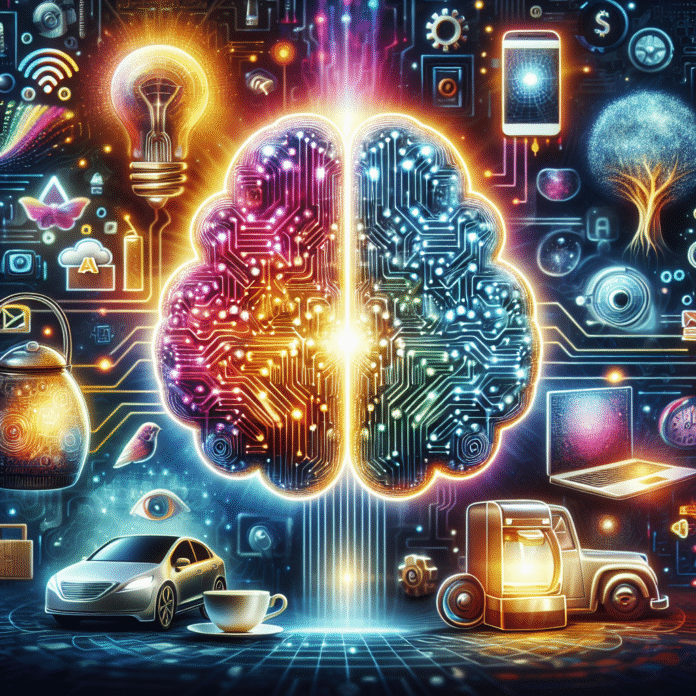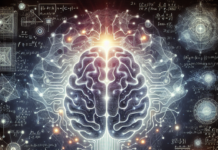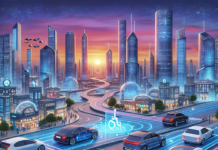The Future is Now: How AI is Transforming Everyday Life
Artificial Intelligence (AI) has rapidly transitioned from a futuristic concept found in science fiction books and movies to an integral part of our daily lives. From enhancing workplace productivity to revolutionizing personal convenience, AI technologies are not merely aspirational; they are here, shaping the way we live, work, and interact. This article explores the profound impact AI has on various dimensions of everyday life.
1. Smart Homes: The Rise of Automation
One of the most visible applications of AI is in the realm of smart homes. Devices powered by AI, such as smart thermostats, security systems, and voice assistants, have transformed mundane household chores into automated tasks. For instance, smart speakers like Amazon Alexa or Google Assistant can control lights, temperature, and even appliances with simple voice commands.
Furthermore, smart home systems learn the preferences of users over time, adjusting settings to create an optimal living environment. This not only enhances comfort but also contributes to energy efficiency, making homes more sustainable.
2. Healthcare Innovations
AI is also making waves in the healthcare sector. From predictive analytics to personalized medicine, AI-driven tools are reshaping patient care. Machine learning algorithms can analyze vast datasets, enabling healthcare professionals to identify potential health risks before they become serious issues.
For instance, AI applications can assist in diagnosing diseases at an early stage, optimizing treatment plans based on individual responses, and enhancing the management of chronic conditions through remote monitoring. Robots equipped with AI even assist in surgeries, ensuring precision and reducing recovery times.
3. Workplaces Transformed
As remote work becomes more prevalent, AI is playing a significant role in enhancing workplace productivity. AI tools such as chatbots and virtual assistants streamline communication and collaboration among team members. Scheduling software powered by AI can manage meeting times, ensuring optimal availability for all participants.
Moreover, AI algorithms are increasingly being employed in recruitment processes to analyze resumes, gauge candidate fit, and even conduct preliminary interviews. This not only speeds up the hiring process but also minimizes human biases, promoting a more inclusive workforce.
4. Personalized Education
The educational landscape is also witnessing a transformation, courtesy of AI technologies. Personalized learning experiences tailored to individual student needs are becoming more prevalent. AI-driven platforms can assess learning habits and provide customized resources, facilitating better understanding and retention of knowledge.
Teachers can leverage AI tools to identify areas where students may need additional support, allowing for timely intervention. Furthermore, AI-enabled tutoring systems are accessible 24/7, ensuring that students receive help whenever they need it, thus democratizing access to education.
5. Enhanced Customer Experiences
In retail, AI is indispensable for improving customer experiences. From personalized product recommendations on e-commerce platforms to AI-driven customer service chatbots, businesses are striving to meet the unique preferences of their consumers.
AI algorithms analyze customer behavior and purchasing patterns, enabling companies to tailor marketing strategies and enhance product offerings. This level of personalization not only increases customer satisfaction but also drives sales and fosters long-term loyalty.
6. Transportation Evolution
The transportation sector is undergoing a radical shift due to AI innovations. From ride-sharing apps that optimize routes to autonomous vehicles designed to enhance road safety, AI is reshaping our commuting experiences. Companies like Tesla and Waymo are at the forefront of developing self-driving cars, which promise to reduce accidents caused by human error and improve traffic flow.
In addition, AI-driven traffic management systems can analyze real-time data to optimize traffic signals and reduce congestion, leading to more efficient urban mobility.
Conclusion: Embracing the Change
The infusion of AI into everyday life is not without its challenges, including ethical considerations, data privacy, and job displacement concerns. However, as we embrace these advancements, it is crucial to engage in conversations surrounding responsible AI use and governance.
The future is here, and AI is a pivotal player in shaping it. By understanding its implications and harnessing its potential, we can enhance not only our own lives but also the global community—a testament to the transformative power of technology. The future may hold uncertainties, but with AI, it is poised to be more connected, efficient, and personalized than ever before.







